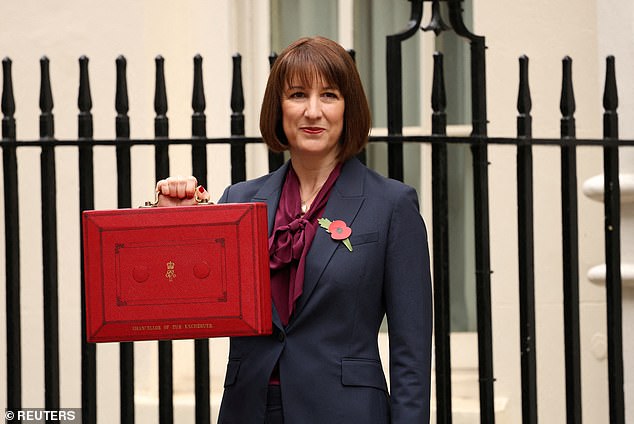Rachel Reeves: A Rising Star in UK Politics

Introduction
Rachel Reeves has emerged as a key figure in UK politics, particularly within the Labour Party, where her advocacy for economic reform and social equality has resonated strongly with voters. As the Shadow Chancellor of the Exchequer, she plays a crucial role in shaping the party’s economic policies, especially during a time of increased financial strain on households across the country. Reeves’ business acumen and focus on equitable growth are not only significant for the Labour Party but also for the UK’s economic landscape as it navigates recovery from the COVID-19 pandemic.
Main Contributions and Recent Developments
Rachel Reeves was elected as the Member of Parliament for Leeds West in 2010 and quickly rose through the ranks of the party due to her commitment to public service and economic reform. Notably, she has been instrumental in advocating for measures that support working families amid the cost-of-living crisis affecting millions of Britons.
In her recent speeches, Reeves has outlined the Labour Party’s vision for a stronger, fairer economy that includes investments in green technologies, support for small businesses, and measures aimed at reducing inequality. At the recent Labour Party Conference, she emphasized the need for a comprehensive approach to rebuild the economy, focusing on sustainable growth that does not leave anyone behind.
Moreover, her presentations have frequently highlighted the impending energy crisis and inflationary pressures on the public, calling for immediate governmental action to mitigate these challenges. Reeves has also been vocal about the importance of social safety nets, insisting that the government must provide more robust support to communities that have been disproportionately affected by economic downturns.
Conclusion and Future Implications
Rachel Reeves’ rise in politics underscores an increasing demand for accountability and progressive policy-making in the UK. As she continues to shape policies that address pressing economic issues, her influence is likely to grow. Analysts predict that if Labour wins the next general election, Reeves could play a critical role in reorienting the UK’s economic policy towards sustainability and inclusivity. For readers observing the political scene, Reeves’ journey reflects not just her personal ambitions but also a broader shift towards a politics that prioritises fairness and equity in economic development.




